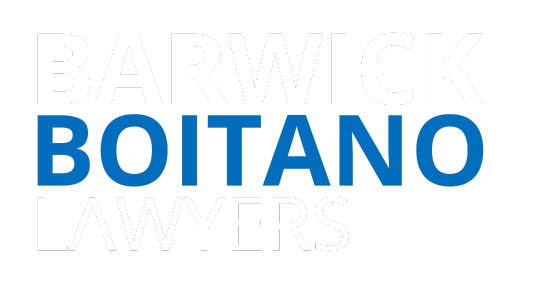If you:
- Have been left out of a Will; or
- Haven’t received enough out of the Will or receive less than other beneficiaries for no good reasons; or
- Miss out altogether because the deceased didn’t have a will at all.
Then it is possible to bring a claim by making application to the Supreme Court for provision or further provision in the estate under Chapter 3 of the Succession Act (formerly the Family Provision Act).
In simple terms to bring a claim you will need to prove that you are an “eligible person” and have been left without adequate provision from the deceased person’s estate.
“Eligible person” this can include a spouse, de-facto, former spouse, children, dependent grandchildren, persons who at any particular were part of the same household and dependant (eg: siblings, foster children) or persons who were in a close personal relationship at the time of the persons death (unpaid carer).
In this scenario we can help you bring a claim against the estate. Undertake any settlement negotiations on your behalf and put forward the necessary evidence in support of your claim before the Court. At the Estate Litigation Experts we have a great deal of experience and success in handling these cases. If you believe this applies to you then we can help you every step of the way.
Time limits: To make a claim for Family Provision, a strict time limit of 12 months from the date of death applies. Claims commenced outside this time limit require approval of the Court.

